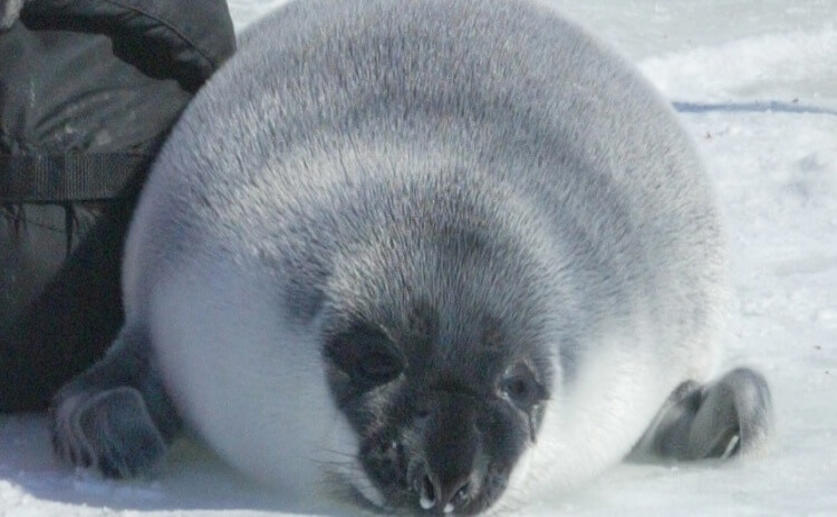
This archived news article is over 5 years old.
Mother Seals Are Transferring Dangerous Environmental Pollutants to Their Pups
Joanna Lawrence
24th October, 2016


Joanna Lawrence
24th October, 2016
